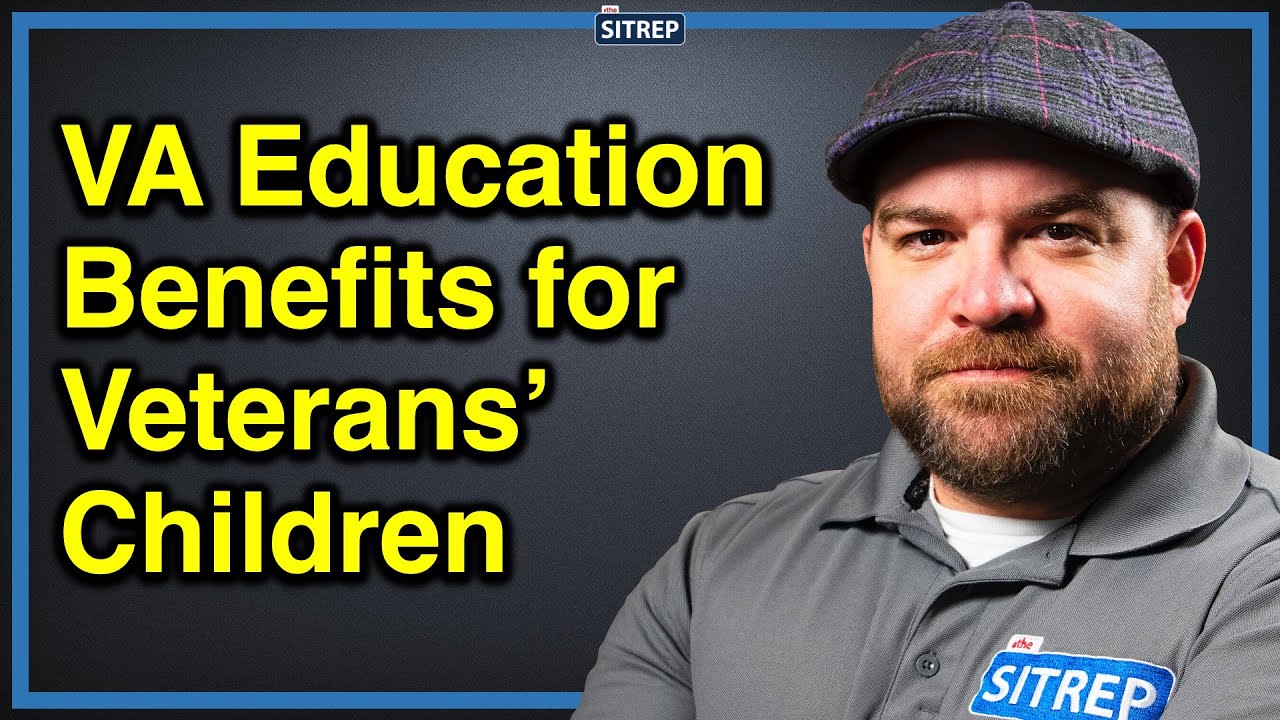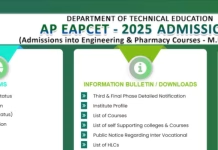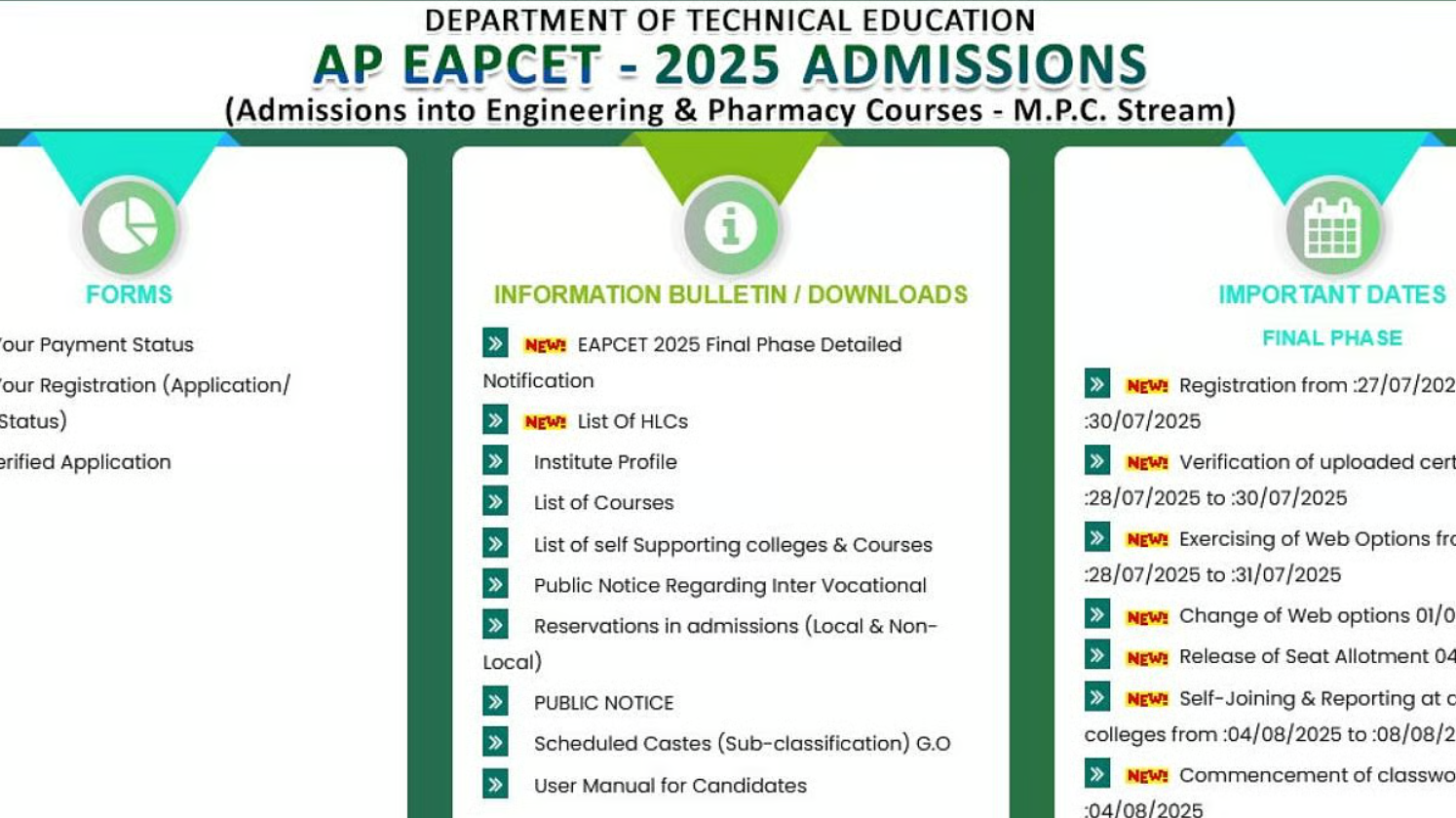Empowering Futures: Unraveling Education Benefits for Dependents of Veterans
In a commitment to honoring the service and sacrifice of veterans, education benefits for their dependents stand as a beacon of opportunity. This article aims to illuminate the transformative power of educational support, providing essential information for dependents navigating their educational journey. Through natural language processing, we explore the holistic impact of these benefits on shaping brighter futures.
Types of Education Benefits Available
The landscape of education benefits for dependents is diverse, offering a spectrum of support. From the Post-9/11 GI Bill to scholarships and grants, understanding the types of benefits is crucial. This section serves as a comprehensive guide, using specific keywords to cover the array of benefits accessible to veterans’ dependents.

Eligibility Criteria and Application Process
Accessing education benefits begins with understanding eligibility criteria and navigating the application process. In this section, we break down the requirements for dependents and provide step-by-step guidance. Incorporating keywords seamlessly, we ensure this information is easily accessible for those seeking educational support.
GI Bill and Its Impact on Dependent Education
The iconic GI Bill, renowned for supporting veterans, extends its impact to dependents’ education. In this section, we delve into the specifics of how the GI Bill benefits dependents, highlighting its role in shaping educational opportunities. Through keyword integration, we provide in-depth insights into the transformative influence of the GI Bill on dependent education.
Scholarships and Grants for Dependents
Financial support beyond the GI Bill comes in the form of scholarships and grants. This section navigates the landscape of additional funding options available to dependents. With strategic keyword placement, we illuminate various scholarship and grant programs, ensuring dependents have a comprehensive understanding of financial aid opportunities.
Choosing the Right Educational Institution
Selecting the appropriate educational institution is a pivotal decision for dependents. This section offers guidance on making informed choices aligned with individual goals and available benefits. Through natural language insights, we empower dependents to make educational decisions that resonate with their aspirations.
Success Stories: How Education Benefits Transformed Lives
Real-life success stories serve as beacons of inspiration for dependents of veterans. In this section, we share narratives of individuals whose lives have been positively impacted by education benefits. Through strategic keyword placement, we aim to inspire and provide tangible examples of the transformative power of educational support.
Navigating Challenges: Tips and Resources
While education benefits offer immense support, challenges may arise. This section equips dependents with practical tips and valuable resources to overcome potential hurdles. Through keywords addressing common challenges, we empower dependents to navigate their educational journey with resilience.
Future Trends in Education Benefits for Veterans’ Dependents
Anticipating future trends is crucial for dependents planning their education. This section explores emerging developments in education benefits, offering insights into potential changes. Natural language processing provides forward-looking perspectives, keeping dependents informed about the evolving landscape.
Frequently Asked Questions About Education Benefits for Dependents of Veterans
1. Q: What education benefits are available for dependents of veterans?
A: Dependents can access benefits such as the Post-9/11 GI Bill, scholarships, and grants to support their educational endeavors.
2. Q: Who is eligible for education benefits as a dependent of a veteran?
A: Eligibility criteria vary but often include spouses and children of veterans. Check specific programs for detailed eligibility requirements.
3. Q: How does the Post-9/11 GI Bill benefit dependents of veterans?
A: The Post-9/11 GI Bill provides financial support for education, including tuition, housing allowances, and book stipends, benefiting dependents directly.
4. Q: Are there scholarships specifically for dependents of veterans?
A: Yes, many scholarships are tailored for dependents, offering financial aid for various educational pursuits.
5. Q: What is the application process for education benefits for dependents?
A: The application process varies but often involves submitting documentation of dependency status and educational plans.
6. Q: Can dependents use education benefits for online or vocational programs?
A: Yes, many education benefits apply to online and vocational programs, providing flexibility for dependents.
7. Q: Are there resources to help dependents navigate the education benefits application?
A: Yes, there are resources and support services, including Veterans Affairs offices and online guides, to assist dependents through the application process.
8. Q: Can education benefits be transferred to dependents from the veteran?
A: In some cases, veterans can transfer unused education benefits to their dependents, offering additional support for their education.
9. Q: What challenges might dependents face in accessing education benefits?
A: Common challenges include understanding eligibility criteria, navigating the application process, and ensuring timely access to benefits.
10. Q: How can dependents stay informed about changes in education benefits policies?
A: Dependents can stay informed by regularly checking official Veterans Affairs updates, subscribing to newsletters, and seeking guidance from educational institutions.
Conclusion:
In conclusion, we summarize the key takeaways, emphasizing how education benefits are instrumental in empowering the futures of dependents of veterans. Through natural language, we highlight the overarching theme of transformation and opportunity. Keywords are strategically placed to reinforce the article’s core message.




